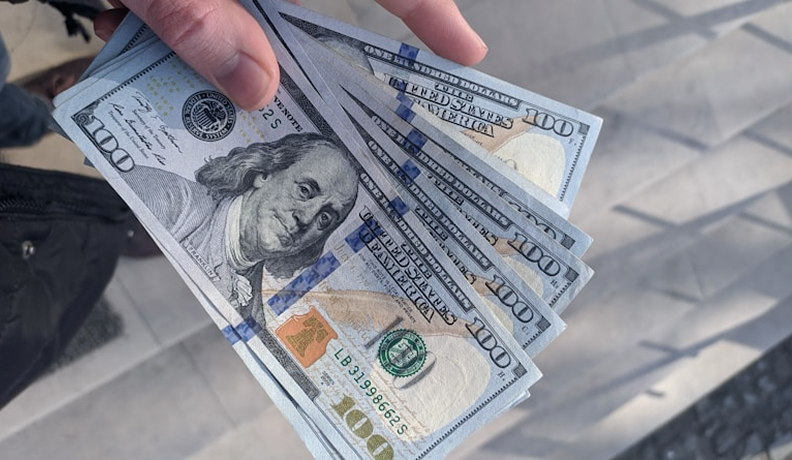📖 6 min read
Understanding SBA 7(a) Loans in 2025
For small-business owners, SBA 7(a) loans remain one of the most versatile financing options – ideal for equipment purchases, working capital, or real-estate acquisition.
What Is an SBA 7(a) Loan?
An SBA 7(a) loan is not a direct loan from the government. It’s issued by approved lenders (banks, credit unions, or SBLCs), with a significant portion guaranteed by the SBA. This guarantee reduces lender risk, making it easier for businesses with limited collateral or less-than-perfect financials to access capital.
Loan Uses Include:
- Working capital
- Equipment and machinery purchases
- Business acquisition
- Partner buyouts
- Refinance of eligible debt
- Real estate (if 51% owner-occupied)
1. What Makes the SBA 7(a) loan Attractive?
Loan size & purpose – Up to $5 million, usable for working capital, machinery, real estate, debt refinancing, and more.
Flexible repayment – Terms often range from 5 -25 years, with competitive interest rates.
Strong guarantees – SBA typically guarantees 75 -85% of the loan, reducing lender risk and opening up financing to more small businesses.
SBA has recently released SOP 50 10 8, which restores several pre-2021 underwriting policies and clarifies new eligibility requirements. Here’s what every borrower should know.
2. SOP 50 10 8 Highlights You Need to Know (as of June 1, 2025)
a. Restoration of Underwriting Standards
The SOP eliminates the informal “do what you do” underwriting approach, reinstating SBA-specific rules. Lenders are now required to verify financials – even for loans under $350K – strengthening creditworthiness checks.
b. Reinstated SBSS Score Threshold
The minimum SBSS (Small Business Scoring System) score for small 7(a) loans ($350K or less) has risen to 165, increasing the risk bar for qualification.
c. Equity Injection Returns
A 10% minimum equity injection is required for start-ups and ownership changes. Seller-financed equity may be used only if it remains on standby for the loan term and doesn’t exceed 50% of total injection.
d. Stricter Change-of‑Ownership Terms
Partial ownership transfers must now use stock purchase structures; asset purchases are not eligible. All new investors, including sellers retaining ownership, must personally guarantee the loan for at least two years.
e. Franchise and Citizenship Compliance
To qualify for SBA 7(a) funding, the franchisor must be listed in the SBA’s Franchise Directory. Businesses with foreign, visa-holding, or undocumented owners are not currently eligible for SBA-backed financing. All applicants must be U.S. citizens or lawful permanent residents in accordance with SBA guidelines.
3. What This Means for Borrowers
Better financial vetting – Demand for accurate, IRS-verified documents and clear audit trails is higher.
Higher credit standards – Applicants may need to improve SBSS scores through better credit habits.
Cash up front – Prepare to contribute capital, especially in startups or business transitions.
No passive buys – Only full-ownership stock purchases are SBA‑eligible in syndicated deals.
4. Benefits of 7(a)
Continued flexibility – Still one of the most adaptable small-business loan programs available.
Long-term, low-cost capital – Unlike merchant cash advances or high‑rate online loans.
Wide acceptance – SBA-backed loans now must meet clear standards, benefiting both borrower and lender due to improved predictability.
5. How to Prepare Before Applying
Raise your SBSS Score – Pay down debt, resolve collections, and reconcile tax filings.
Organize documentation early – Financials, ownership records, equity injections, equipment lists, and franchise certifications if applicable.
Define your business structure – Make changes transparent and compliant before applying.
Final Takeaway
The updated SOP 50 10 8 restores rigor to the SBA 7(a) program – raising standards around credit, equity, ownership, and documentation. For well-prepared borrowers, these changes can lead to more predictable approvals, stronger loan terms, and smarter long-term support.
Check My Financing Options with BusinessUp100, and let our team guide you to the right SBA partner.





